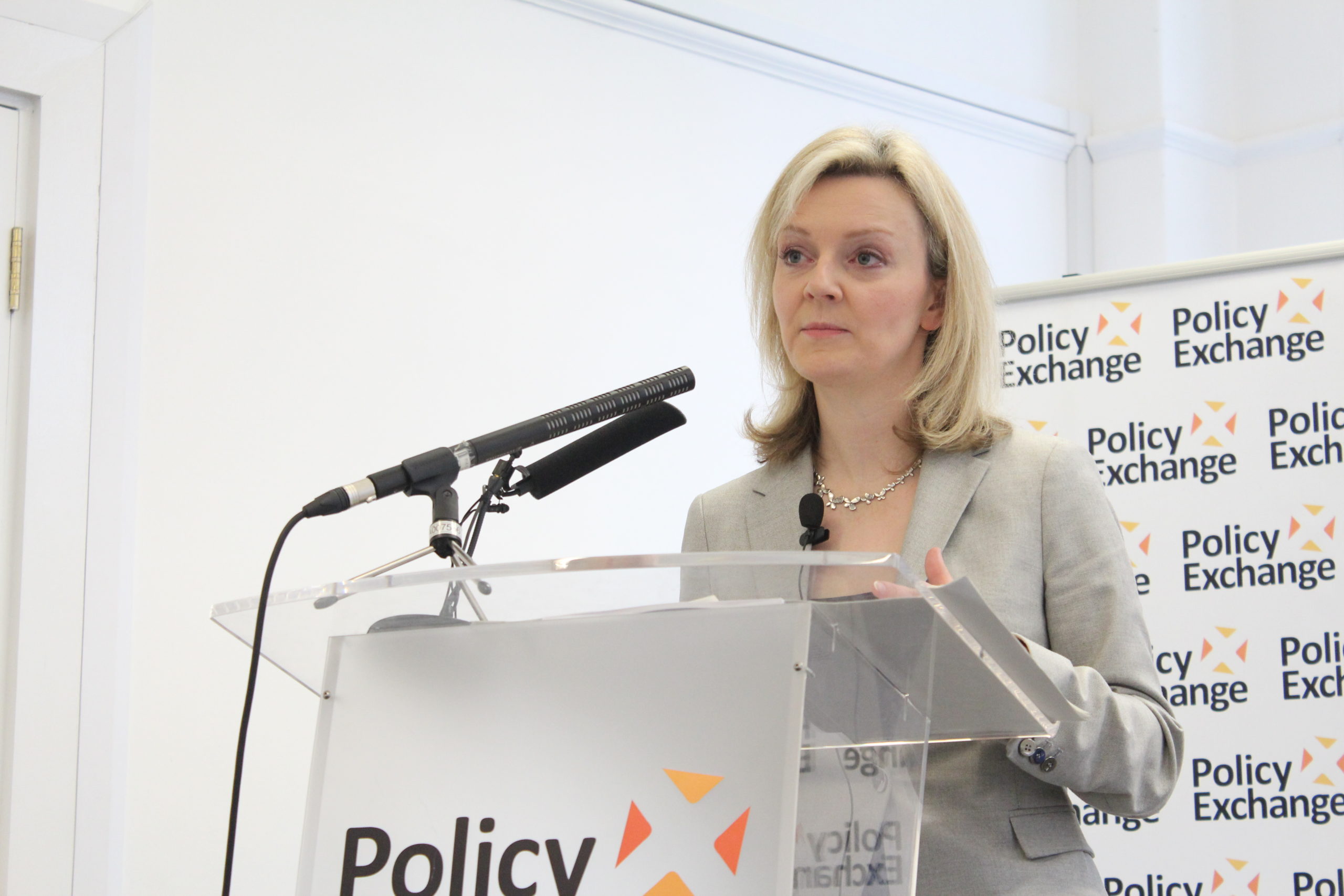
Minjerribah’s changing wetlands
Blending science and indigenous knowledge to improve understanding of Minjerribah’s wetland conditions and provide a means for their ongoing monitoring.
China’s President Xi Jinping was swift to send his condolences to King Charles III on the passing of the British monarch, Queen Elizabeth II last week. Noting that the Queen was the first member of the Royal family to visit China in 1986, Xi also pointed to his hope for productive bilateral relations in the years ahead.
But with the significant shift in British leadership underway— not only a change in the royal monarch, but also with a new Prime Minister, Liz Truss coming into the role—what are the prospects for the UK-China relationship going forward?
At best, it’s likely that the relationship will continue to follow the unsurprisingly uneven path worn by successive leaders. Britain will no doubt continue some form cautious engagement with the more assertive China on global issues, while seeking to maintain the precarious balance between security interests and economic opportunity, including in the Indo-Pacific.
China, on the other hand, showing signs of re-engaging with the post-Covid world, appears to be shoring up support for its global leadership role in other parts of the world.
While Queen Elizabeth’s visit to China was a highlight in the uneasy relationship, other royal visits have been few and far between.
King Charles’ engagement with China over past decades reveals the complexities at play. He has never been to mainland China, though he did attend the handover ceremony for Hong Kong in 1997. Notably, he sidestepped Chinese state visits to Britain, first in 1999 and again in 2015, although on the latter occasion did meet privately with Xi Jinping and his wife. Some suggest his friendship with the Dalai Lama and concerns about human rights in Xinjiang and Tibet, have complicated his view of China’s leadership.
By contrast, his brother Prince Andrew has been a more enthusiastic supporter of the UK’s engagement with China. Though not in a royal capacity. As Britain’s Special Envoy for Trade and Investment (2001-2011) he visited China several times, with the primary focus of building economic ties.
Heir to the throne, Prince William also generated much excitement amongst Chinese audiences during his 2015 visit. With scheduled appointments ranging from an audience with Xi Jinping to attending the Chinese premieré of the movie Paddington, he also took the opportunity, from an elephant sanctuary in Yunnan to call on China to change its stance on ivory trade.
As he takes to the throne, there are signs that Charles—perhaps considering his own legacy—will cultivate engagement. Speaking to influential Chinese government and corporate audiences over the past year—he is actively highlighting China’s role and advocating for its leadership on the big global issues of the day—especially those that are a priority for him: climate change and biodiversity loss. Just how effective this charm offensive will be, is anyone’s guess.

Meanwhile, on the political scene, incoming Prime Minister Liz Truss has signalled that she is prepared to take more hawkish approach in advancing Britain’s relationship with China. It’s an approach that no doubt also reflects increased pressure from Britain’s transatlantic ally, the United States.
But there’s no straightforward path ahead for the conservative Truss. Deepening economic woes, cost of living pressures and a looming energy crisis mean that she will be under pressure to deliver better outcomes for British households as a priority. Maintaining a healthy trade relationship with China—including through lucrative international education and tourism services—is a likely to be critical piece in her agenda.
Amidst the current leadership turbulence, Chinese diplomats remain sanguine. Whether Xi Jinping receives or accepts an invitation to the Queen’s state funeral next week—an event likely to attract some 500 foreign dignitaries from across the glove—is likely to be of little consequence.
Looking ahead however, pressure on the bilateral relationship is set to intensify. As they move past the 50-year anniversary of diplomatic relations, leaders on both sides will be thinking closely about what this milestone now signifies in the context of their shifting domestic narratives and global ambitions.
 Professor Caitlin Byrne is Pro Vice Chancellor (Business) at Griffith University. Caitlin began her professional career as a diplomat with the Australian Government and has worked across senior leadership roles in government, industry and community to become recognised as one of Australia’s leading academic-practitioners with a focus on international policy and diplomatic practice.
Professor Caitlin Byrne is Pro Vice Chancellor (Business) at Griffith University. Caitlin began her professional career as a diplomat with the Australian Government and has worked across senior leadership roles in government, industry and community to become recognised as one of Australia’s leading academic-practitioners with a focus on international policy and diplomatic practice.
Caitlin is a Fellow of the Australian Institute of International Affairs (FAIIA) and Faculty Fellow of the University of Southern California’s Centre for Public Diplomacy (CPD).
Follow Caitlin on Twitter

Blending science and indigenous knowledge to improve understanding of Minjerribah’s wetland conditions and provide a means for their ongoing monitoring.

New public artworks can again hold a mirror up for local communities that have changed in unexpected ways. They offer opportunity to celebrate differences and commonalities and reflect the lived experiences of communities navigating unprecedented change.

This is the critical decade for climate action and all foreign policy interventions will be judged against this global challenge. To meet this challenge, it is time for Australia to adopt the focus and techniques of feminist foreign policy.